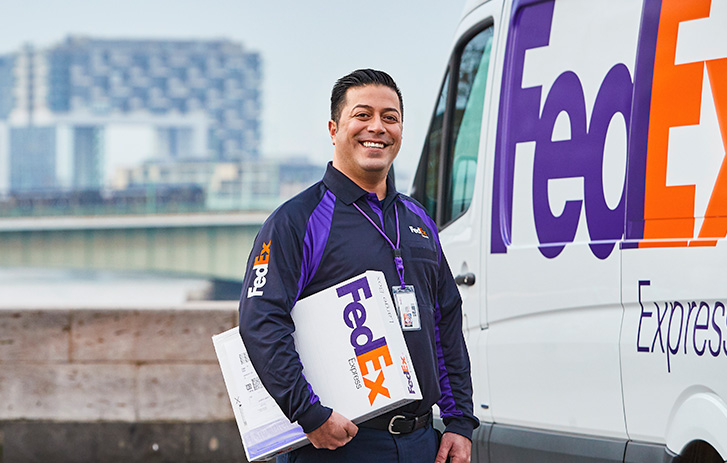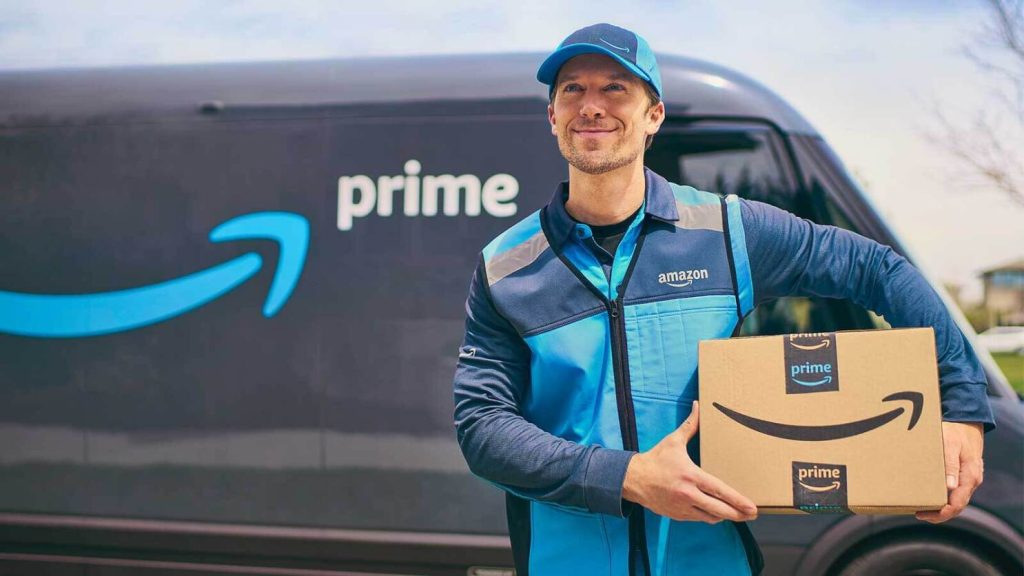FedEx and Amazon terminated their ground delivery partnership in 2019. However, a recent report from the Wall Street Journal suggests that there were discussions about a potential reunion between the two logistics networks.
Last year, both companies explored the possibility of FedEx accepting returns of Amazon packages at its over 2,000 FedEx Office retail locations. This move would have allowed FedEx to gain a share of Amazon’s return business. It’s worth noting that Amazon already collaborates with several companies, including FedEx’s competitor UPS, Kohl’s, and Staples, to manage in-person returns. Additionally, Amazon handles returns at its 500+ Whole Foods Market stores.
These discussions reportedly took place last spring, coinciding with Amazon’s introduction of a fee for certain customers returning items at UPS stores. Despite the talks, an agreement was not reached, according to the WSJ report.

A FedEx spokesperson described the discussions as part of their normal business activities, stating, “We are always open to having commercial conversations when approached with an opportunity by current or potential customers.” The spokesperson also highlighted that FedEx continues to engage with Amazon through Seller Fulfilled Prime and Marketplace services.
The article highlights the challenges faced by the logistics industry in 2023, including a decline in package demand due to reduced consumer spending, leading to a broader freight recession. FedEx adjusted its full-year 2024 revenue forecast downward due to lower-than-expected sales and income.
The initial separation between FedEx and Amazon was driven by Amazon’s development of its own delivery capabilities, posing competition to FedEx. Amazon’s ground network relies on local contractors for parcel delivery. Following the reported talks with FedEx, Amazon relaunched its Amazon Shipping ground delivery service for non-marketplace shippers, posing a direct challenge to FedEx’s parcel share.
The discussion about a potential deal between FedEx and Amazon underscores the increasing significance of returns management in the logistics industry, especially as e-commerce purchasing habits shifted during the pandemic. Retailers faced significant challenges with returned merchandise, amounting to $743 billion in 2023, according to the NRF and Appriss Retail report.

Companies like Amazon, FedEx, and UPS are striving to assist retailers in developing efficient returns ecosystems while managing costs. A survey by Radial highlighted that 60 percent of retailers find repackaging and restocking costs challenging, leading to difficulties in maintaining healthy profit margins.
FedEx’s Consolidated Returns solution, expanded to smaller merchants in 2023, aims to address these challenges by allowing shoppers to return items without a box or label at FedEx Office locations. The returned items are consolidated and processed through FedEx Logistics, offering cost-saving benefits to merchants.
UPS also recognized the value of reverse logistics by acquiring Happy Returns, enhancing its returns capabilities across 5,200 UPS Stores nationwide. The move is expected to reduce customers’ handling costs and improve UPS’s delivery efficiency.
DHL is also looking to strengthen its presence in returns management, partnering with Reflaunt for re-commerce capabilities and considering acquisitions in the returns-specific business sector.
Overall, the logistics industry’s focus on returns management reflects its commitment to enhancing customer experience, reducing costs, and adapting to evolving market trends.
